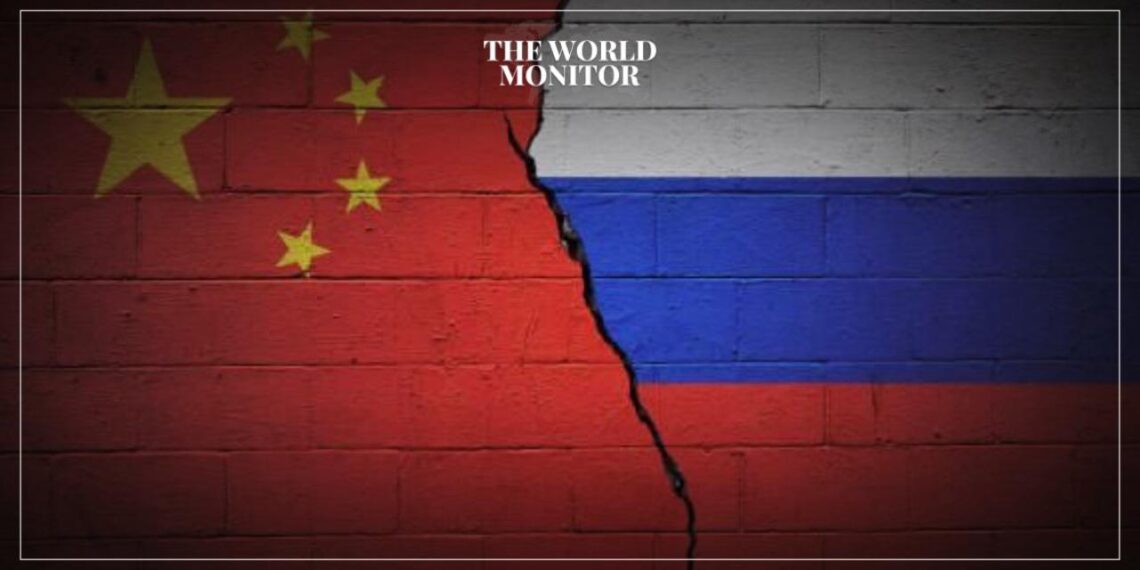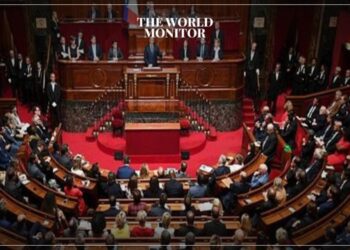Three trade and payment industry sources told Reuters that Russia and China are set to initiate trade barter systems, with two sources anticipating agricultural deals to be struck next fall.
This strategic move comes as Moscow and Beijing seek to circumvent U.S.-monitored banking systems.
During President Vladimir Putin’s visit to China in May, the delay in bilateral transaction settlements topped the agenda.
Despite emerging solutions, such as using small local Chinese banks that are harder for Washington to track, payment issues persist.
Trade bartering would allow Moscow and Beijing to avoid these payment challenges and reduce Western regulatory oversight of their bilateral transactions, also mitigating currency risks.
Russia is developing regulations for trade bartering, and sources believe China is doing likewise, as stated by Reuters.
A senior manager at a prominent Russian bank disclosed they are preparing a barter plan but declined to reveal details.
Additionally, a payment industry source noted that discussions are underway regarding Russia’s food product exports to China.
In July, Russian President Vladimir Putin and Chinese President Xi Jinping praised their Eurasian security alliance, the Shanghai Cooperation Organisation (SCO), as a stabilizing global force at the SCO summit.
Moscow and Beijing view the SCO, which now includes India, Iran, and Pakistan, as a counterbalance to Western influence.
Putin highlighted the SCO’s role in establishing a fair, multipolar world order, noting the strong bilateral ties between Russia and China.
“Our cooperation is not against anyone; we act for the interests of our peoples,” Putin said.
Xi echoed this sentiment, urging both countries to maintain their friendship amidst changing global dynamics. He praised the progress in bilateral relations and outlined future plans.
The summit, held in Astana, Kazakhstan, featured several bilateral meetings. The SCO addresses external security threats, such as drug trafficking, and focuses on countering domestic instability.






